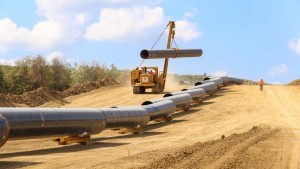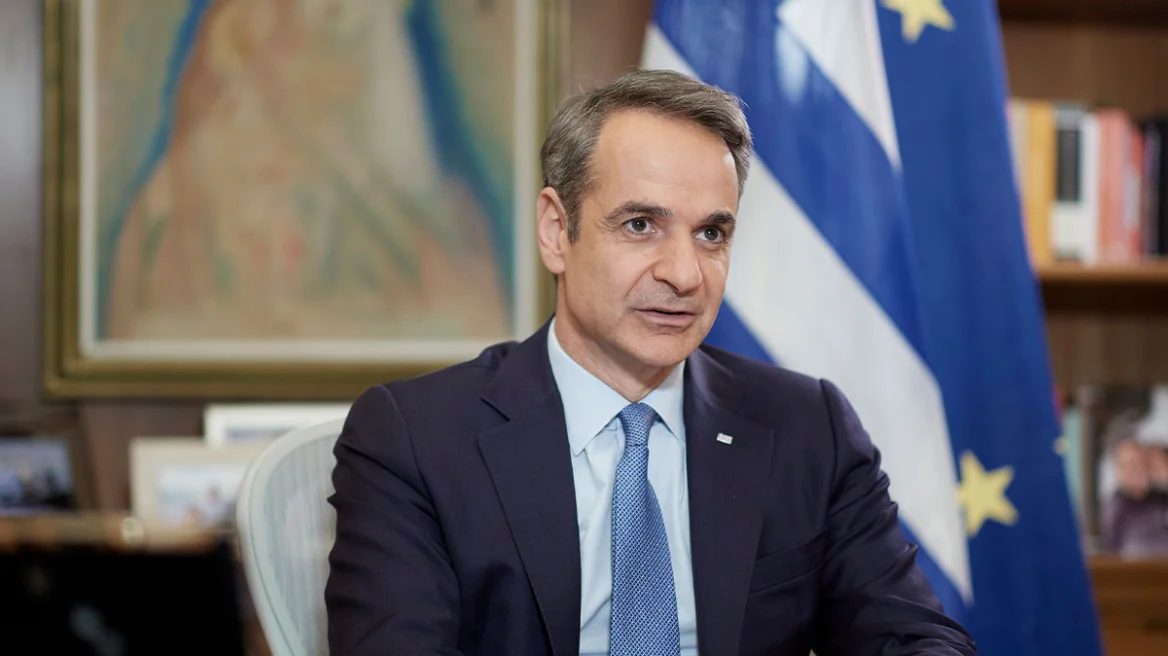Prime Minister Giuseppe Conte comfortably won a confidence vote in the lower house of parliament yesterday (6 June), but divisions inside his coalition put at risk a major gas pipeline project, seen by Brussels as a cornerstone of EU’s energy security.
Conte won the lower house confidence motion by 350 votes to 236, with 35 parliamentarians abstaining.
Implacable electoral rivals, the 5-Star movement and Lega Nord have taken weeks to put together their coalition pact and draw up a cabinet team that they say will bring radical change to Italy, which has been dogged for years by low growth and high unemployment.
Conte promised on Wednesday to invest in infrastructure, but there are likely to be tussles in the coalition over priorities. 5-Star has focused on environmental concerns, while the League has traditionally backed big industrial projects.
The new environment minister Sergio Costa, who was nominated by 5-Star, raised questions over the future of a $40 billion international gas pipeline in Italy, telling Reuters the project was “pointless”. The League made no immediate comment.
The Trans Adriatic Pipeline (TAP) is the final stage of a bigger project – the Southern Gas Corridor – that will take Azeri gas to western Europe. It is a cornerstone of the European Union’s energy security policy, which aims to wean the bloc off Russian gas supplies.
“Given (our) energy policy, given falling gas demand, that project [TAP] today looks pointless”, he said in written responses to a series of questions put to him on Tuesday and Wednesday.
A review would likely create tensions between Italy and the developers of the €4.5 billion TAP project, which include British oil group BP, Italy’s Snam and Spain’s Enagás.
The TAP consortium did not reply to a Reuters request for comment.
It is unclear whether the minister’s comments will translate into action. Costa said any decision on TAP’s future would also involve other ministers.
The 5-Star also has more radical environmental policies than its coalition partner, the right-wing League.
The parties have said they will form a special committee to resolve any differences between them on the “realization and completion of public works of national significance”.
The League did not immediately respond to emailed requests for a comment.
In recent years demand for gas in Italy has risen but it is still well below its peaks of a decade ago.
Italy, which imports more than 90% of its gas needs, has key contracts with Russia, Libya, Algeria and Holland and previous governments have sought to create a European gas hub.
Green focus
Costa made clear the review would focus on the underlying rationale for the TAP project arriving in Italy. That is in contrast to recent public debate which has focused instead on its planned route through the country’s southern Puglia region.
Even Puglia’s governor has said it should be redirected away from a tourist area rather than scrapped. He has proposed an alternative route via a more industrial area of Puglia.
The new government’s minister for southern Italy, Barbara Lezzi, another member of 5-Star, also told Reuters on Wednesday that her party believed the pipeline represented an unnecessary environmental danger given Italy’s excess gas capacity.
The TAP consortium has said re-routing the pipeline away from Italy is not an option and that redirecting it inside Italy could delay the project by four to five years.
In recent years, red tape and grass roots opposition have chased off several foreign investors seeking to build infrastructure in Italy.
Last month, Gas Natural said it had given up on a long-standing project to build a liquefied natural gas facility in northern Italy after years of slow progress.
The Southern Gas Corridor, already mostly completed, snakes its way from Azerbaijan through eastern Europe toward Italy.
It would bring up to 10 billion cubic meters of gas to Italy from Shah Deniz 2, a gas field developed by a BP-led consortium.
The Italian end is due to be completed by early 2020 and has already received national government approval, including environmental clearance in 2014.
Costa said the review was consistent with the coalition’s energy policy, which was outlined in a published coalition accord signed by 5-Star and League ahead of taking power.
A published copy of the accord does not specifically mention the TAP project but it says the coalition would accelerate Italy’s transition to renewable energy.
The 5-Star has said it wants to phase out fossil fuels by 2050 by ramping up renewable energy production.
Source: euractiv
Ask me anything
Explore related questions





